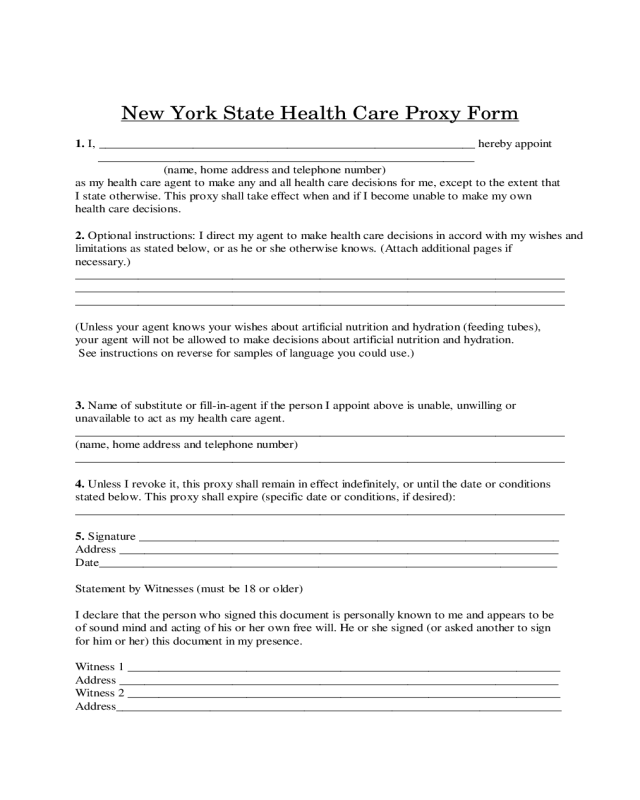However cases are accelerating in the U.S., which has actually ended up being the international epicenter for the virus, with approximately 6 million validated cases and 183,000 deaths or the equivalent of one in five COVID-19 deaths worldwide. "It's truly discouraging to have to divert a lot political energy towards what should be a no-brainer." One strength of the Canadian system to shine through throughout the pandemic is that everyone is insured, Martin said.
Health centers deal with a single insurer, she said, and that implies care is better collaborated across organizations. "Any person that needs COVID care is going to get it," she stated. Dr. Ashish Jha, who has actually directed the Harvard Global Health Institute and now serves as the dean of the Brown University School of Public Health, has a somewhat various take.
and Canada present "a reflection that has absolutely nothing to do with the underlying health system" but rather reflects leaders and their political will and concerns. While America's healthcare system is among the world's finest in terms of development and innovation, Jha stated that U.S. politicians have shown themselves to be reluctant to compromise short-term discomfort of lockdowns and task losses for a long-lasting public health crisis and economic instability.
They likewise didn't ramp up testing quickly enough to efficiently keep track of when and where break outs would occur and consistently undermined the public health neighborhood in its efforts to effectively respond to the infection. He said leaders in the U.S. have actually not offered a clear consistent message or decisive management to unify the nation and get everyone relocating the same instructions.
" It's really aggravating to need to divert a lot political energy towards what ought to be a no-brainer," Jha stated. "This is the time when everybody who requires to be evaluated, is tested everybody who needs to be taken care of is looked after." And that begins with uniform access to reliable health care, he stated.
Which Of The Following Is A Trend In Modern Health Care Across Industrialized Nations? for Beginners
gone into lockdown under coronavirus, Sen. Bernie Sanders announced on April 8 that he had actually ended on his presidential run. A week later on he backed former Vice President Joe Biden. After contests in 28 states and two areas, his course to winning the Democratic election had narrowed substantially regardless of an early edge.
His campaign has proposed using "every American a new choice, a public health option like Medicare" to make insurance coverage more budget-friendly. As Potter sees COVID-19 rage in the U.S., the former healthcare communications executive said Americans live in "worry of having huge out-of-pocket expenses without assurance that we'll have our expenditures covered." With the number of uninsured Americans almost double what they were before unique coronavirus, according to some quotes, Potter said that is not sustainable.
action to the coronavirus pandemic was second-rate, if not the worst, worldwide. This pandemic might bring the nation to a snapping point, Potter said, pressing more Americans to call for a health care system that goes beyond the reforms of the Affordable Care Act, which the Trump administration has actually consistently assaulted and attempted to dismantle.
" You will see this campaign resurface to attempt to terrify people far from modification," he stated. "It takes place every time there is a considerable push Drug Detox to change the health care system. The industry wants to protect the status quo." There's no best health care system, and the Canadian system is not without flaws, Flood said.
In June 2019, New Democrat Celebration Leader Jagmeet Singh proposed broadening Canada's pharmaceutical drug coverage. The ultimate goal of these changes that have https://www.liveinternet.ru/users/maldorlsil/post476863404/ been discussed in differing degrees for many years is to incorporate oral, vision, hearing, psychological health and long-term care to create "a head to toe health care system." And yet it is natural for Canadians to compare systems with their next-door neighbors and simply "feel grateful for what they have (who is eligible for care within the veterans health administration?)." She says that kind of complacency has insulated Canada's system from more improvements that produce generally better results for lower costs, as in the UK, the Netherlands or Switzerland.
Facts About How Did The Patient Protection And Affordable Care Act Increase Access To Health Insurance? Revealed
Health care reform has actually been an ongoing debate in the U.S. for decades. 2 terms that are frequently used in the discussion are universal health care protection and a single-payer system. They're not the very same thing, in spite of the fact that people often utilize them interchangeably. how does the health care tax credit affect my tax return. While single-payer systems typically consist of universal coverage, lots of nations have attained universal coverage without utilizing a single-payer system.
Universal coverage describes a health care system where every person has health protection. According to the U.S. Census Bureau, there were 28.1 million Americans without health insurance coverage in 2016, a sharp decline from the 46.6 million who had been uninsured prior to the implementation of the Affordable Care Act (ACA).
Therefore, Canada has universal healthcare coverage, while the United States does not. It is essential to note, nevertheless, that the 28.5 million uninsured in the U.S. includes a considerable variety of undocumented immigrants. Canada's government-run system does not offer coverage to undocumented immigrants. On the other hand, asingle-payer system is one in which there is one entityusually the government responsible for paying healthcare claims.
So although it's a kind of government-funded health protection, the funding originates from 2 sources rather than one. Individuals who are covered under employer-sponsored health strategies or private market health insurance in the U.S. (consisting of ACA-compliant plans) are not part of a single-payer system, and their medical insurance is not government-run.

There are currently a Drug Rehab Facility minimum of 16 countries that use some kind of a single-payer system, including Canada, Norway, Japan, Spain, the UK, Portugal, Sweden, Brunei, and Iceland. In many cases, universal protection and a single-payer system go together, due to the fact that a nation's federal government is the most likely candidate to administer and spend for a health care system covering millions of people.

Getting The How Much Does Medicare Pay For In Home Health Care To Work
However, it is really possible to have universal protection without having a complete single-payer system, and numerous countries all over the world have actually done so. Some nations run a in which the government provides basic healthcare with secondary protection available for those can manage a higher standard of care. Denmark, France, Australia, Ireland, Hong Kong, Singapore, and Israel each have two-tier systems.
Interacted socially medicine is another expression that is frequently mentioned in discussions about universal coverage, however this design actually takes the single-payer system one step even more - what does a health care administration do. In a socialized medication system, the government not just pays for healthcare but operates the healthcare facilities and uses the medical personnel. In the United States, the Veterans Administration (VA) is an example of socialized medication.
However in Canada, which likewise has a single-payer system with universal protection, the hospitals are privately operated and doctors are not used by the federal government. they just bill the government for the services they offer. The main barrier to any socialized medication system is the federal government's capability to efficiently fund, handle, and upgrade its requirements, devices, and practices to use optimum health care.